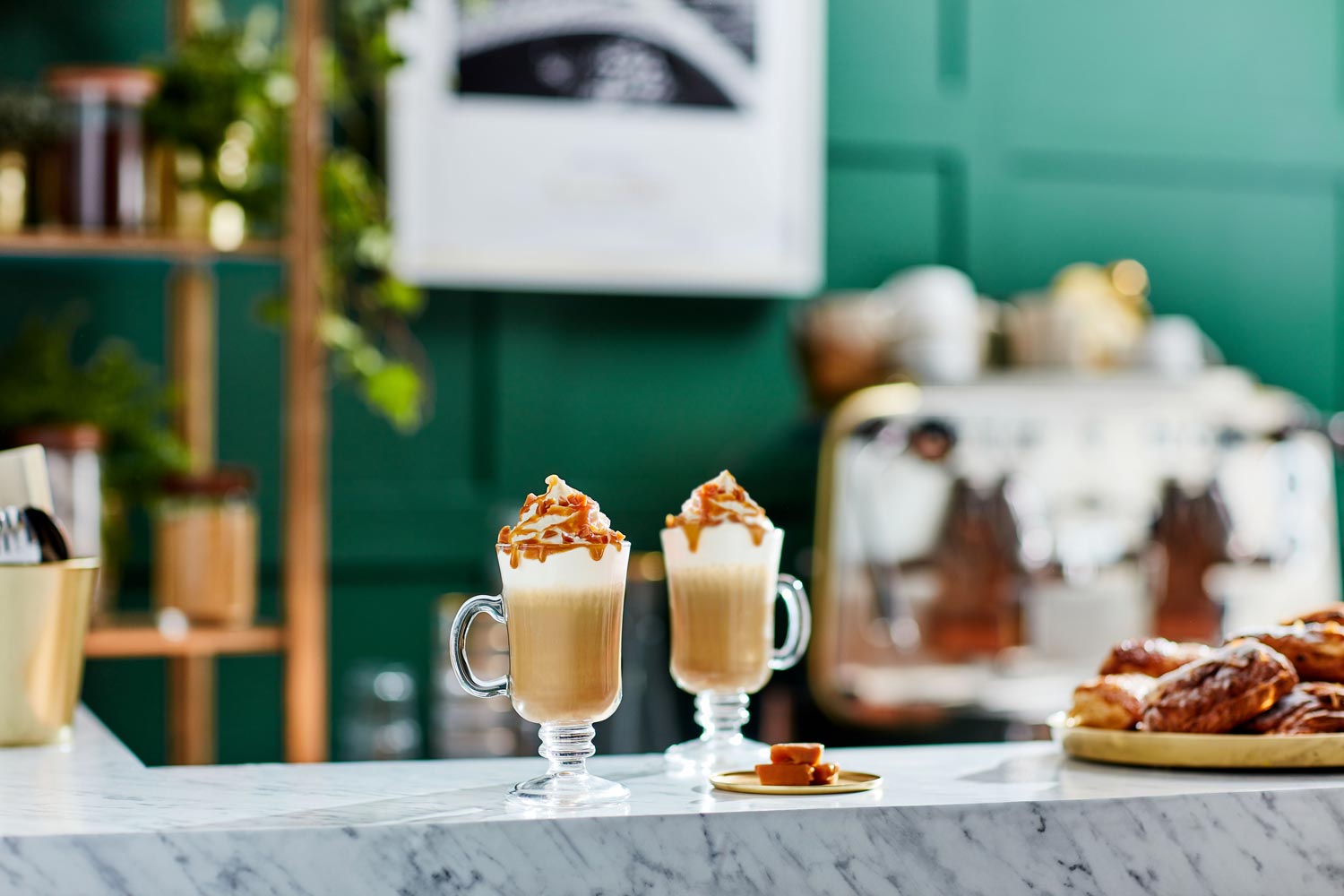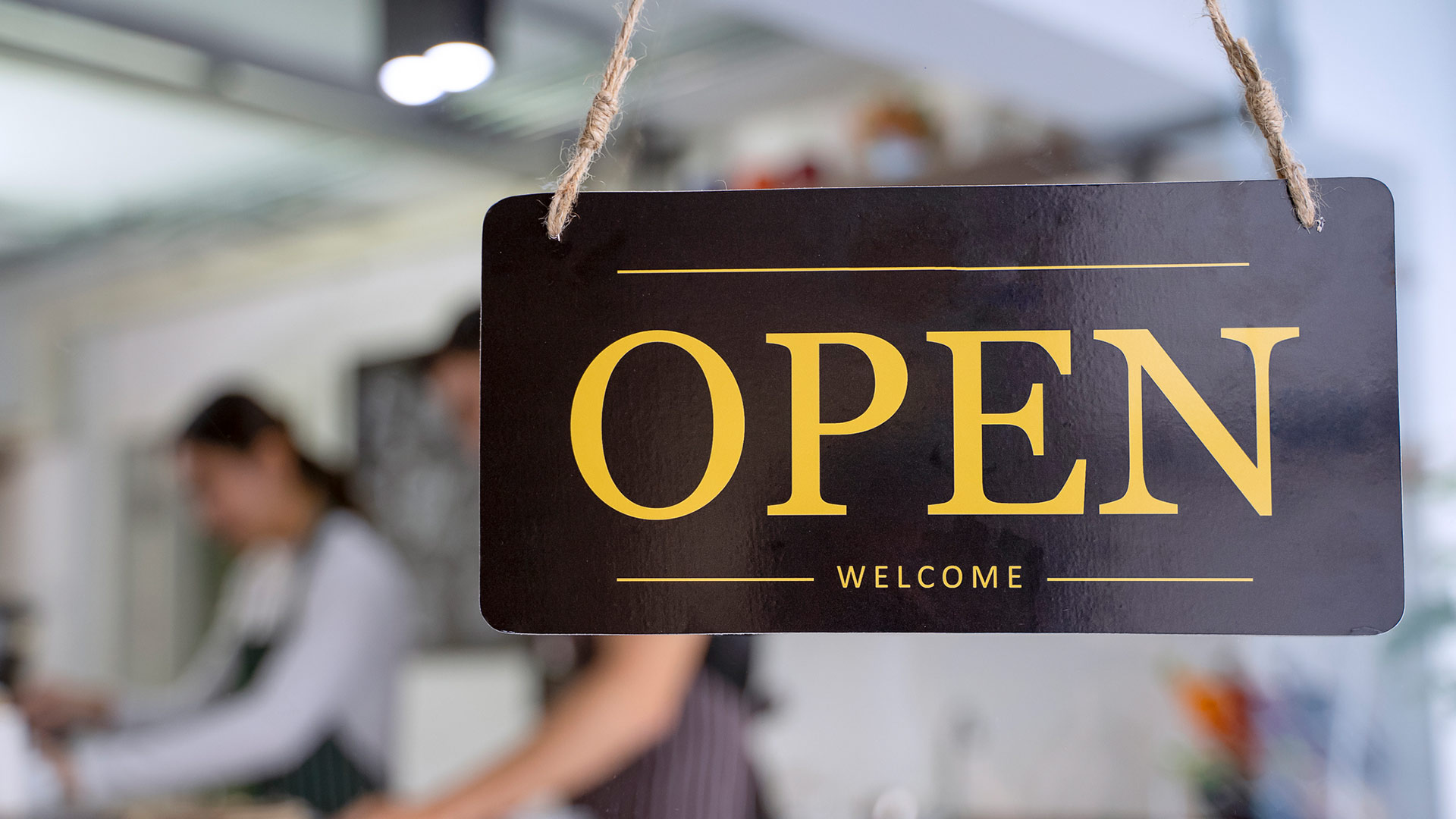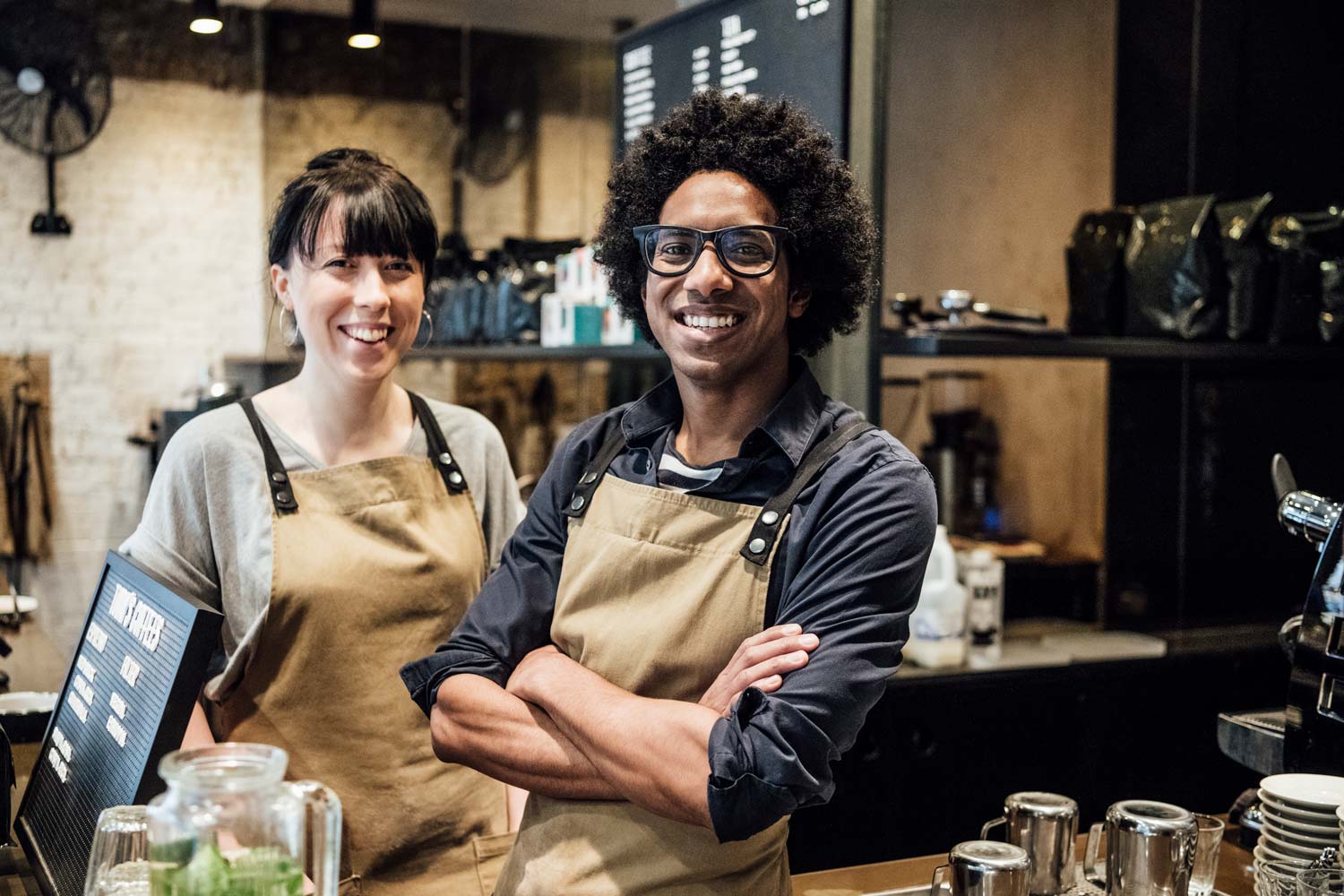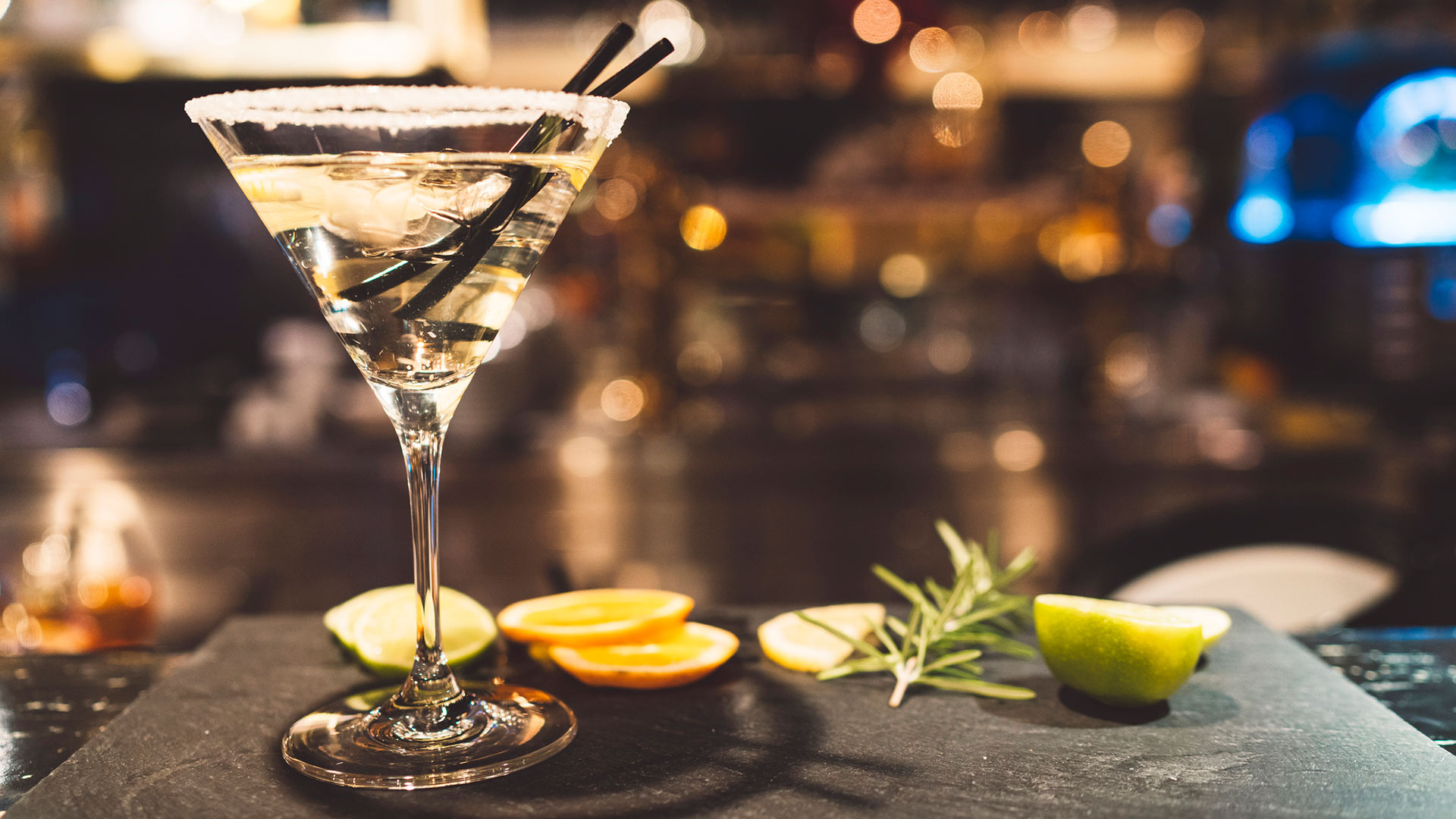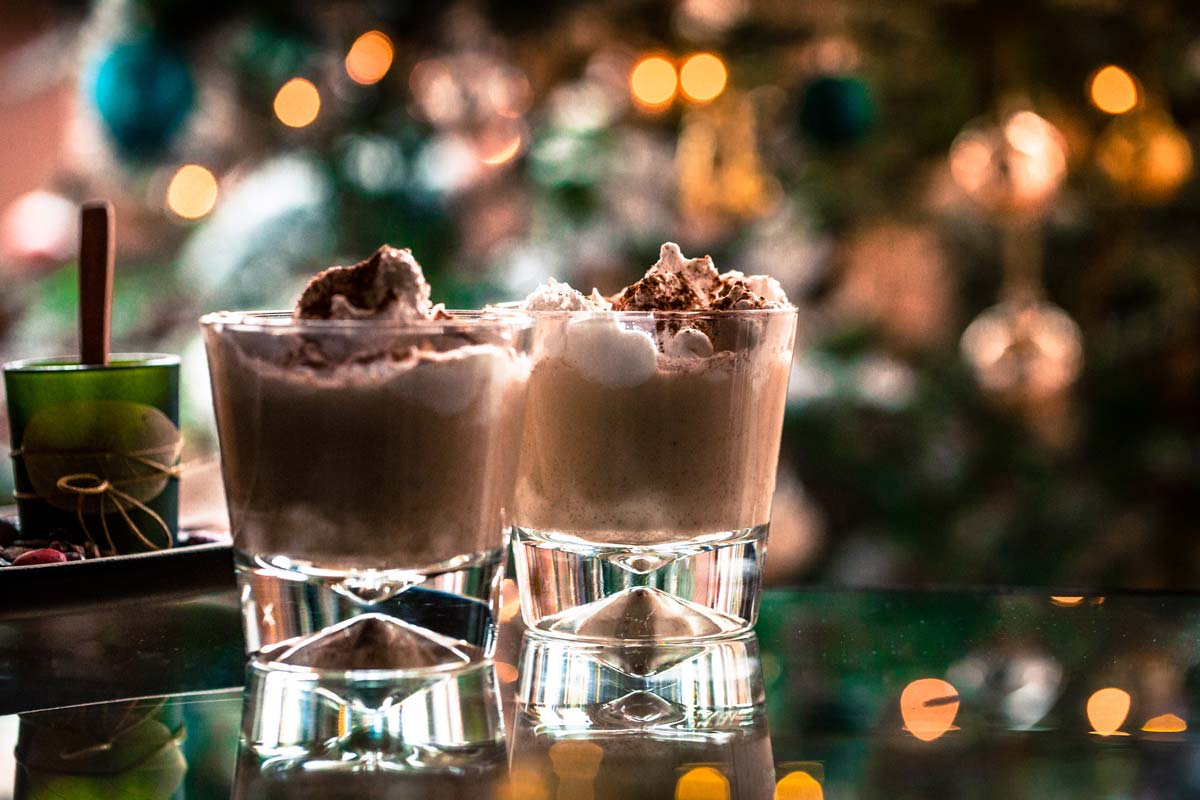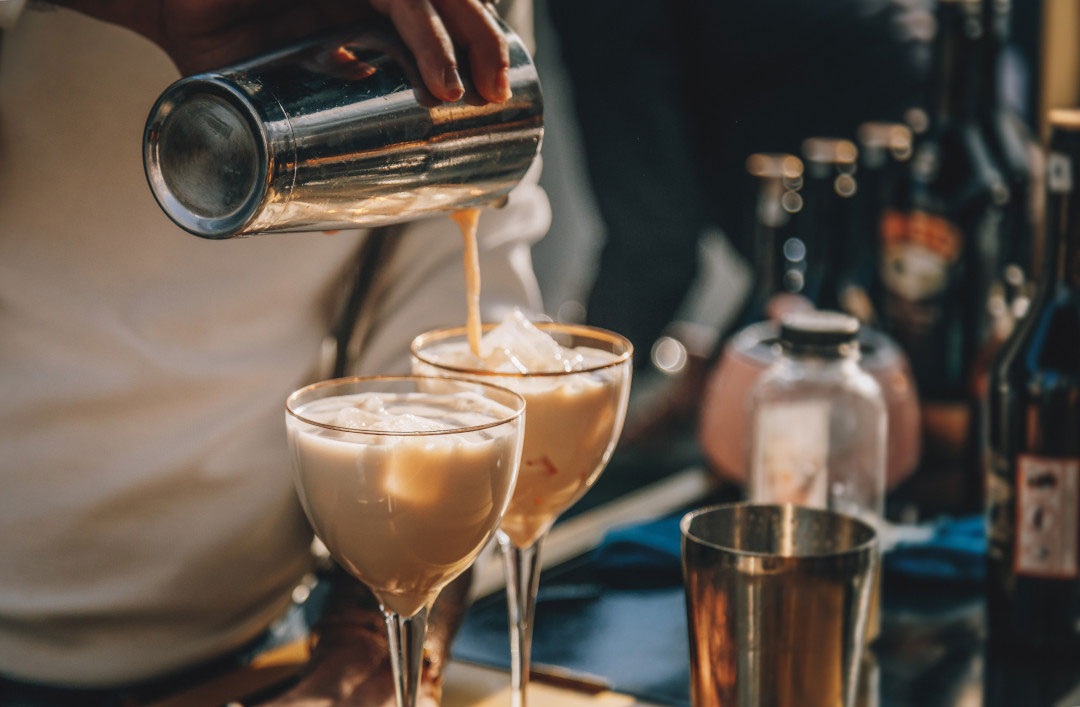
How to Speak the Language of Love through flavour This Valentine's Day
As Valentine's Day approaches, couples worldwide prepare to celebrate their love and affection. The hospitality industry plays a crucial role in crafting memorable experiences for these romantic occasions. In this article, we'll explore the history of Valentine's Day, its impact on the hospitality industry, and how semiotics can help us understand the role of syrups in enhancing the Valentine's Day experience.
Today Valentines Day offers a great opportunity for the hospitality industry to boost profits by creating special menus and packages for couples celebrating their love. A great example is Valentine's Day Cocktail menus where specific drinks can be tailored to the Valentines occasion, for example.

The Rise of “Palentine’s” and “Galentine’s” Day
In recent years, Valentine's Day has expanded beyond romantic love to include celebrations of friendships. Terms like "Palentine's Day" and "Galentine's Day" have emerged, highlighting the importance of platonic relationships. This shift has led to the hospitality industry offering group packages and friendship-themed menus, providing more opportunities for businesses to capitalise on the holiday.
Expanding Hospitality Offerings
As Valentine's Day becomes more inclusive, the hospitality industry must adapt to accommodate these new celebrations. Flavoured syrups are the perfect place to start when creating a unique and memorable drink that caters to various types of relationships.

How Valentine’s Day Affects the Hospitality Industry
Valentine's Day is a critical period for the hospitality industry, with restaurants and hotels often fully booked weeks in advance. Beverages play a significant role in these celebrations, with fine wines, champagne, and themed cocktails taking center stage. By understanding the semiotic associations of different syrups, hospitality professionals can craft beverages that resonate emotionally with their guests, elevating the dining experience.
The Semiotic Associations of Different flavours
Semiotics helps us understand how syrups serve as more than just flavour enhancers; they become "signs" that carry specific meanings or evoke particular emotions. For example, rose syrup signifies romance and love, while lavender might evoke tranquility. By incorporating these syrups into serves, bartenders can communicate a language of love and emotion, enhancing the overall experience.

List of 10 Syrups and Their Semiotic Connotation
Below are ten syrups and their semiotic connotations related to Valentine's Day:
1. Rose Syrup
Symbolising love, romance, and affection, rose syrup adds a poetic dimension to the dining experience.
Associated with relaxation and serenity, lavender syrup sets the mood for a tranquil and intimate evening.
Synonymous with indulgence and luxury, chocolate syrup evokes feelings of opulence and special treatment.
4. Mint Syrup
Invigorating and fresh, mint syrup symbolises the refreshing nature of love and companionship.
Comforting and familiar, vanilla syrup represents the comfort and reliability that come with a loving relationship.
Linked with sensuality, strawberry syrup signifies the sweeter, more passionate aspects of love.
Warm and spicy, cinnamon syrup suggests a love that provides emotional warmth and security.
8. Ginger Syrup
Zesty and invigorating, ginger syrup symbolises the exciting and adventurous aspects of a relationship.
9. Peach Syrup
Representing longevity and immortality, peach syrup symbolises a love that endures.
Elegant and sophisticated, elderflower syrup celebrates a love that has depth and complexity.

In conclusion, using flavoured syrups in beverages can significantly enhance the Valentine’s Day experience for guests. By understanding the semiotic associations of different syrups, hospitality professionals can create emotionally resonant drinks that elevate the celebration beyond just taste. We encourage you to experiment with these syrups and craft unforgettable beverages that speak the language of love this Valentine's Day. Bonne soirée!
INSPIRE YOUR CREATIVITY
DISCOVER THE LATEST TRENDS
